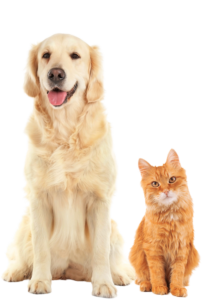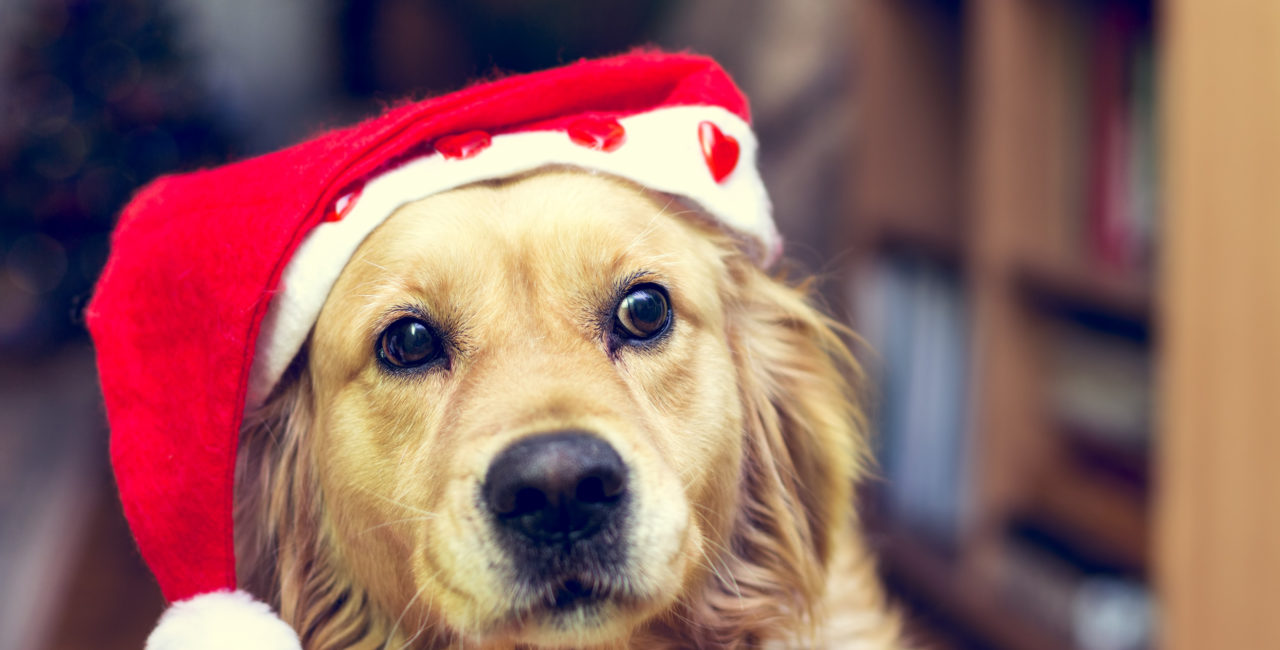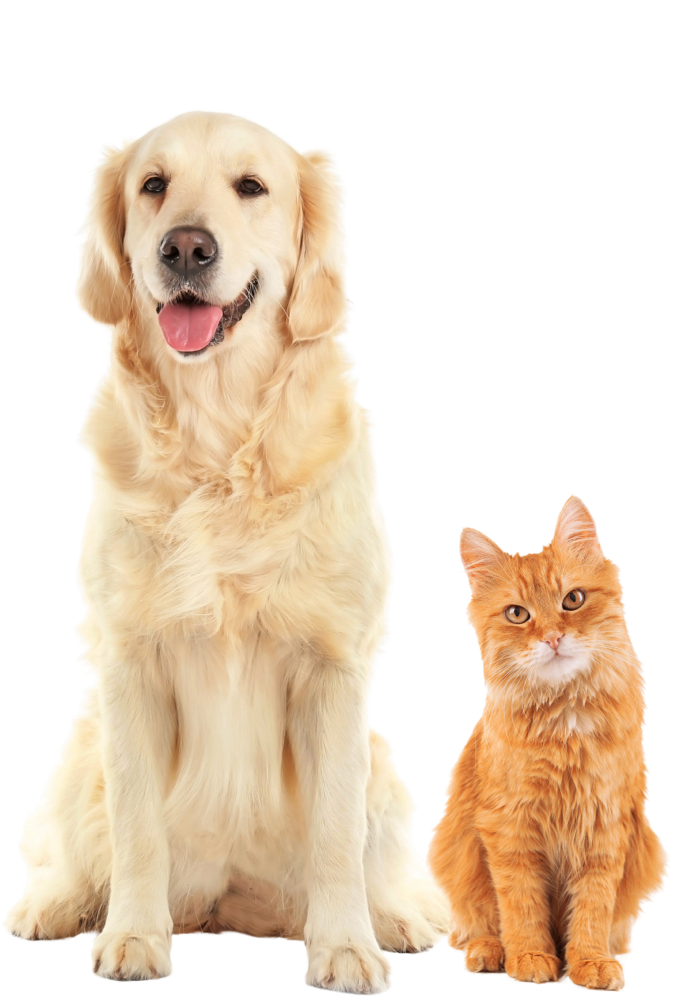Happy Holidays Everyone! The winter days are upon us, heralding in the holiday season! Nothing cheers me up more than the thought of a scrumptious turkey feast (finished up with a pumpkin or apple pie of course), enjoyed with family and friends (and perhaps a bottle of wine or two). For all of the gracious hosts out there, I commend you and your sacrificial skills. For all of us “not so culinary inclined” folk who opt to arrive at the door with a hosting gift in lieu of another failed side dish…here is our pet-friendly gifting guide to help keep our (and our host’s) furry companions safe for the holidays.
Flowers
It’s hard not to love the rich, seasonal hues found in our bouquets this time of year. Unfortunately, some of these beautiful blooms can be deadly to our feline friends. Lilies are the most common toxic plant found in many of our special occasion arrangements – especially the stunning, winter white lily which contrasts beautifully against the red carnation in our Christmas bouquets. All parts of the lily (leaves, stems, petals, pollen and even the vase water) can be toxic if ingested; causing acute kidney failure that can be irreversible and fatal. The ever traditional poinsettia can also cause problems for our four legged friends. It’s milky, white sap can cause gastric upset and may cause irritation to the mouth and skin. If you were hoping to surprise your secret holiday crush with a sprig of mistletoe be sure to hang it high out of reach, as even this love inspiring vine can result in a trip to the vet ER. Many of these winter bouquets are also adorned with sparkly Christmas balls and foil wrappers, making them irresistible to our curious, feline friends.
“Safer” flower options include roses, carnations, mums, irises and baby’s breath. These may still cause irritation of the digestive system if ingested but are not considered toxic.
The safest option….why not splurge on a different type of “bouquet”, such as one derived from the miraculous fermentation of grapes! I hear rose pairs nicely with roast turkey.
We also can’t emit the most important holiday plant of all – that beautiful bushy green Christmas tree! This can be the ultimate kitten temptation. Sparkly dangly baubles, perfectly spaced branches, and the ever enticing, always challenging, tree topper. If you have a feline friend please omit tinsel and ribbon from this year’s decorations, and be sure to avoid hanging Great Aunt Essie’s family heirloom Christmas balls on the low lying branches. I also recommend securing your tree in such a way that even Santa (aka Uncle Bob) after a few too many eggnogs, wouldn’t be able to bring it down. Never underestimate the power of a motivated feline!
Desserts
Who doesn’t enjoy a chocolate (or two) during the holidays (automatic cheat day, right)? Better think twice before plopping those Hot Chocolate’s truffles on the table for everyone to enjoy, because Aunt Margery’s toy poodle might just help herself. Although all chocolate is considered bad for dogs, the higher the cocoa content (the darker the chocolate), the more toxic it is. We also have to remember that Aunt Marge’s 5 kg Toy Poodle is at a much higher risk of toxicity than Uncle Bob’s 50 kg Great Dane.
So to avoid being the relative that ruined the holidays, you should probably opt for a pre-made, “liquid dessert”. What about a nicely aged Merlot, or perhaps a rich Port? Just remember, whether you’re hosting the entire extended family for a feast, or just meeting up with a few friends to reminisce, sometimes the best gift during the holidays can be bottled (or boxed).
Disclaimer: alcohol should not be shared with pets; the wine is for our two-legged (sometimes just as hairy) friends. Also remember to stay safe, don’t drink and drive!
Written by Dr Jocelyn Waldern




